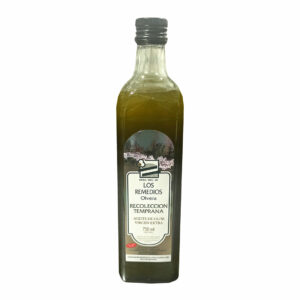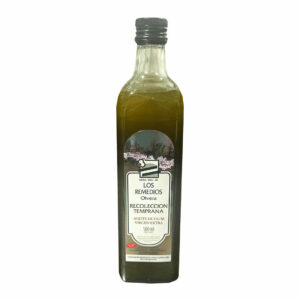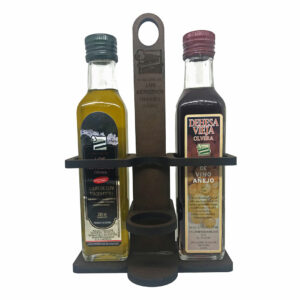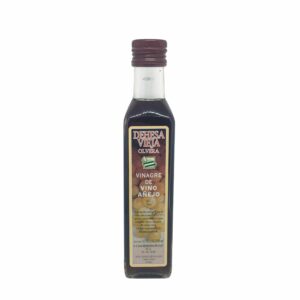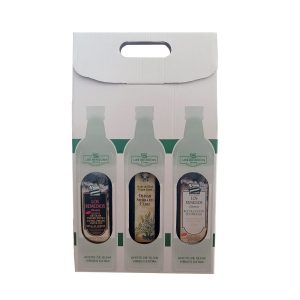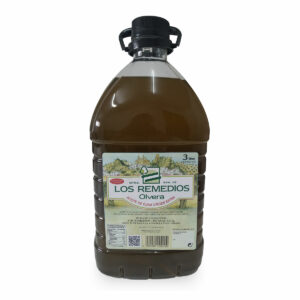Grazing, MOWING OR BRUSHING ARE ESSENTIAL PRACTICES TO RECEIVE PAYMENTS
Two types of grasses are distinguished: Temporary and Permanent. The concept of temporary grass is new. In 2014 any SIGPAC pasture enclosure (PS, PR, PA) it was a permanent grass without more. Currently it can be temporary or permanent based on criteria based on previous statements. This is important because it affects the assignment of Basic Payment Rights (DPB):
– If a farmer does not have REGA (Exploitation code ) and declares pasture area of those considered permanent, DPB is not assigned on the pasture surface. NO HELP WILL BE CHARGED FOR THAT SURFACE
– If a farmer does not have REGA and declares pasture area of those considered as temporary, Even if the man is not a farmer, he is assigned DPB on pasture surface. YOU WILL CHARGE HELP FOR THAT SURFACE
– Any livestock species has REGA (for example a horse) and if that man declares pasture surface, It does not matter if they are considered temporary or permanent pastures because they will surely receive allocation on said enclosures. YOU WILL CHARGE HELP FOR THAT SURFACE.
VERY IMPORTANT: IN THE CASE OF PASTURES, AGRICULTURAL ACTIVITY HAPPENS BECAUSE TASKS SUCH AS PASTORING ARE TAKEN INTO EFFECT, HARVESTING OR CLEARING. THESE PRACTICES ARE INDISPENSA-BLES TO BE ABLE TO RECEIVE PAYMENTS FOR THIS CONCEPT.

